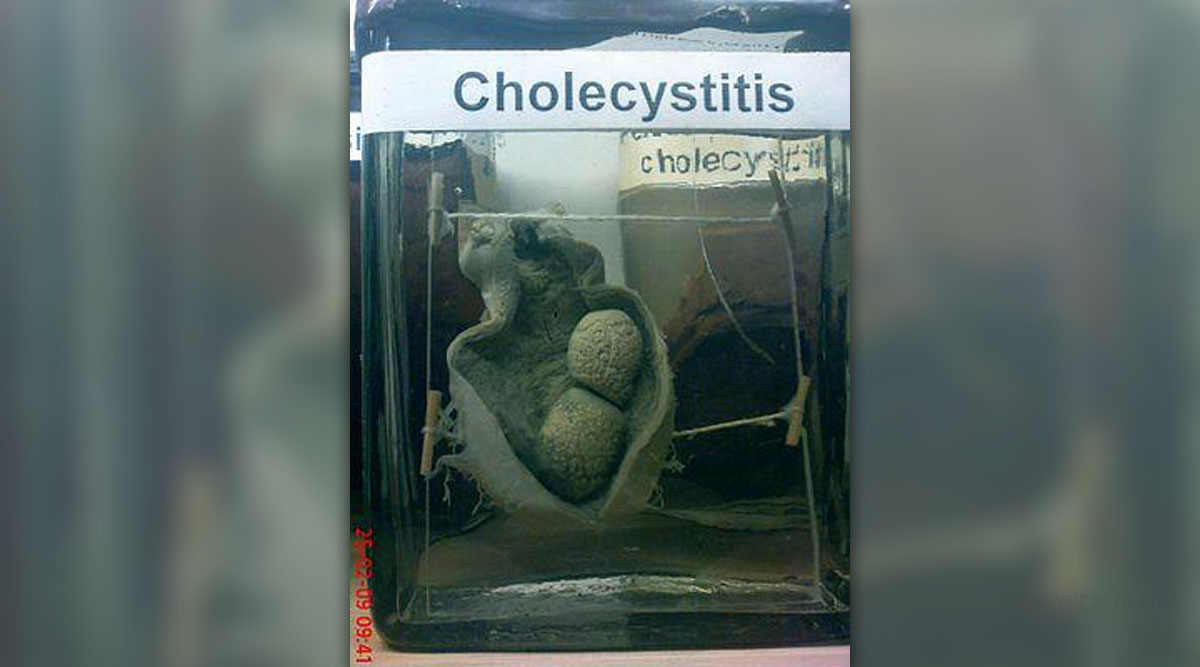
Cholecystitis and main facts
The person who is diagnosed with cholecystitis actually suffers from the inflammation of the gallbladder, and the greatest majority of cases is actually closely related to the gallstones. Aside from gallstones, a number of underlying conditions can cause cholecystitis as well, and infections within the bile, or digestive fluid to be more precise, are also one of the triggers. On the other side, injury to the gallbladder or its damage can also provoke the condition in question. The symptoms that are usually present may range from jaundice to nausea, vomiting and pain in the abdomen or right upper side of the back. Even though this health condition is not too serious, it needs to be treated so that possible complications would be avoided. The treatment includes hospitalization and very often the gallbladder has to be removed. However, unless the case is emergency, the doctor might give the patient medications such as pain relievers and antibiotics, and if the response is satisfying, the surgery might not be necessary.
Cholecystitis diet
Those people who are diagnosed with cholecystitis definitely have to make some changes regarding their diet. By following the cholecystitis diet, the episodes of cholecystitis can be prevented, but aside from that, this can also contribute to the faster recovery. It is important to know that certain food varieties tend to trigger symptoms of cholecystitis, which is why it is important to avoid them no matter how much a person might like to consume them. Fatty foods are the first to be mentioned, and the main reason is related to the fact that the fats cannot be broken down so easily because of the blockage of the gallbladder, which prevents the digestive juices to get to the stomach and large intestines. This means that the person in question should forget about red meat, eggs, dairies, fried food, and even chocolate and ice cream. Also, even though vegetables are recommended, cabbage, cauliflower and similar should be avoided.
Instead, food low in saturated fats should be consumed, which means more rice, potatoes, milk low in fat, yogurt and whole grain foods. Even though meat should not be consumed, it is allowed to include from time to time those that are fat free, such as lean mined beef, fish and chicken without skin. As for beverages, coffee, black tea, alcohol and carbonated drinks should also be eliminated from the menu.


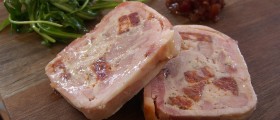
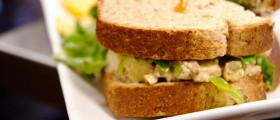

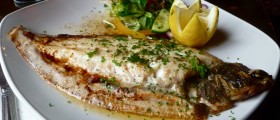
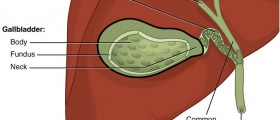
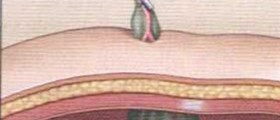
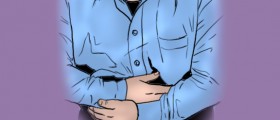
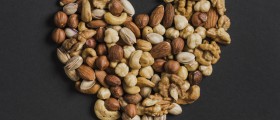
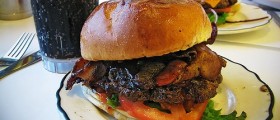
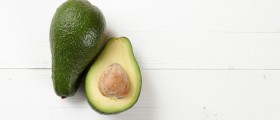
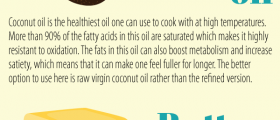
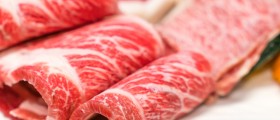
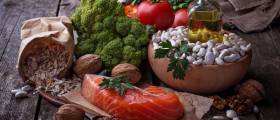

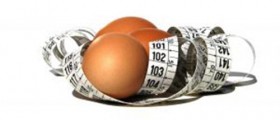
Your thoughts on this
Loading...